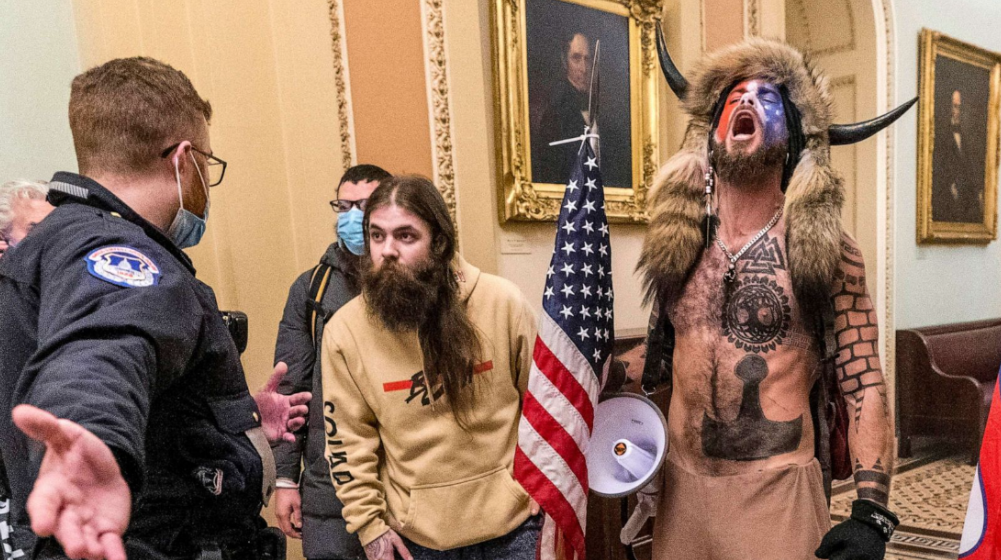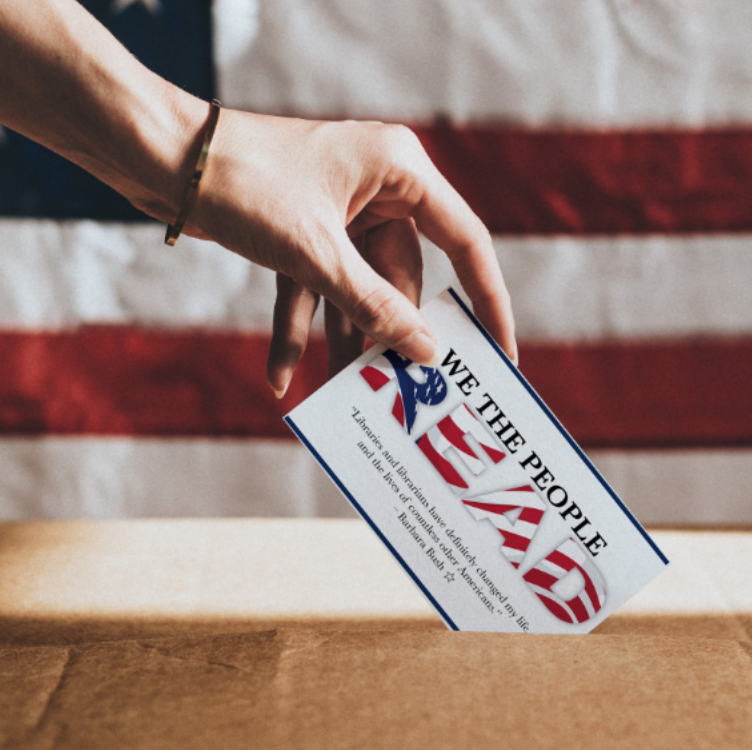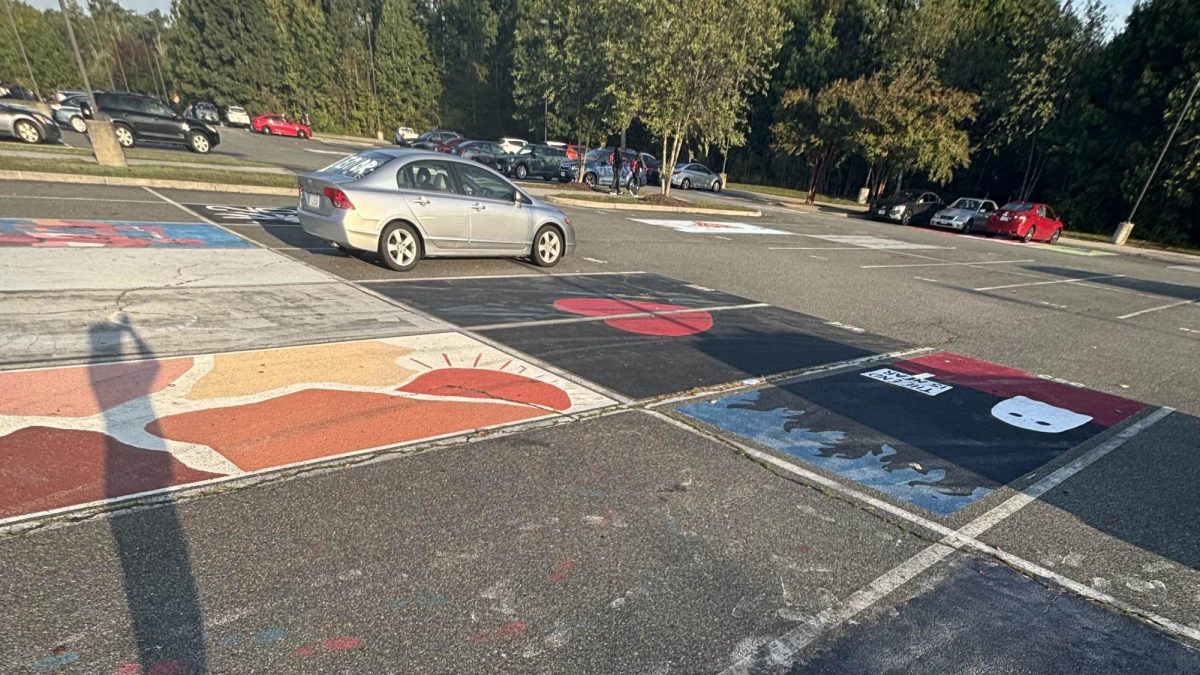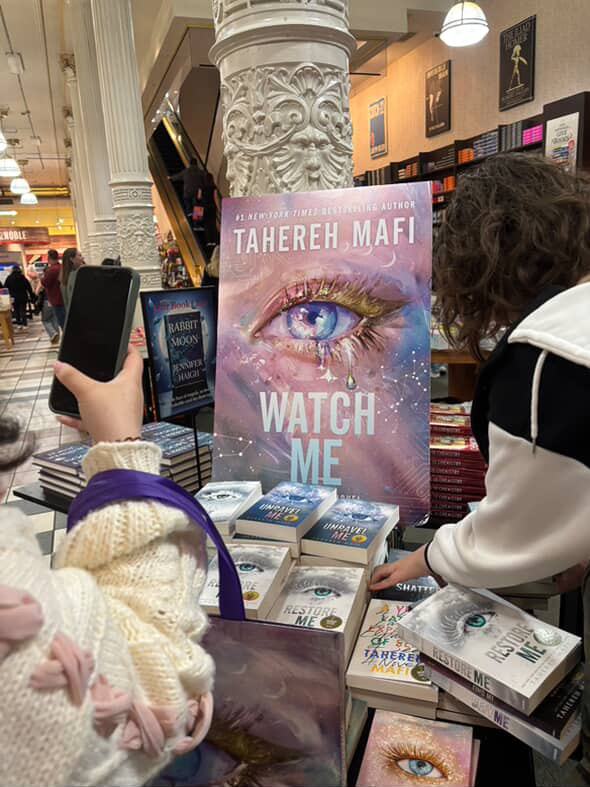Political rage online is rampant. A large measure of the political content found online is toxic and hostile, and facilitates strong, even passionate emotions, that lead the viewer to engage with it more, repeating the cycle.
The algorithms on social media platforms favor the more extreme emotions, especially anger and fear. The more of these emotions someone feels, the longer they might stay on the platform. The algorithms feed people increasingly inflammatory content, making them more and more upset, until over time they become more spiteful and uncivil in politics.
As they get dragged into the rabbit hole, they may begin to alienate themselves from others with their political views. Some families can not have a full holiday dinner with each other sometimes due to their political beliefs being influenced by the algorithms into further and further extremes.
English teacher, Kelly Scott, teaches her students about the dangers of politics online.
“I’ve seen families not be able to get together for Thanksgiving dinner,” Scott said.
Scott also describes how she and her family have been personally affected by political division on the internet.
“My father was influenced by the political divisiveness online,” Scott said. “Because of his views, he has detached himself from a large chunk of his family, and many don’t talk to him anymore.”
One might see it as a strictly online occurrence, but stories like this happen often. The algorithm feeds people more radical ideas until it bleeds into their overall ideology, leading to family dinners without the entire family.
But these things can get even worse, leading to violent extremist groups. As an example, we will use Qanon; an online community, a political movement, and an emerging religious cult.
It started in 2017 when someone known only as Q made an anonymous post on 4Chan claiming to have access to the most closely guarded government secrets, and has since evolved into a sprawling web of conspiracy theories and fascist ideas; it excels at drawing in people who feel like they have no purpose or community with false promises only to convince them to totally cut off close friends and family in favor of their fellow cult members. Its core belief is that the world is secretly controlled by a highly organized cabal of Satan-worshipping cannibalistic child-molesting lizard people who kidnap children and torture them to harvest their adrenaline and process it into an elixir that they can drink to become immortal, and that the only person who can do anything about it is Donald J. Trump.
As you read above, the downward spiral the algorithm can lead you on becomes clear. It plays with your insecurities, makes you believe some truly heinous things, and then drags you in deeper, making the next piece of “truth” ever more ridiculous, while making it just believable enough that it keeps you on the hook.
These algorithms, and by extension the beliefs of the American public, are entirely driven by greed. They function based on the principle that they must capture and keep the attention of as many people as possible for as long as possible in order to show them advertisements. To accomplish this, they select the most inflammatory content they possibly can to show users. Many have found that it takes only a couple hours to find oneself viewing hateful and exclusionary posts and videos when scrolling through popular social media sites. One potential solution would be to ban advertising on social media, thus making it mostly unprofitable. It would still be able to run, as proven by sites like AO3 and SpaceHey that make just enough money to stay afloat with no algorithms or advertisements, but there wouldn’t be enough financial motivation for wealthy companies to design them in such a manipulative and dangerous way. Another solution would be to fundamentally change how social media works: by replacing the algorithms of apps like TikTok and Twitter with a system like the one used on Tumblr, where the content you see is determined entirely by the tags and accounts that you choose to follow rather than an AI trying to guess what will get a strong reaction out of you.
This type of system only shows people what they are already interested in and is far less likely to lead them down online rabbit holes into the radical spaces where groups like QAnon thrive. If these two ideas were implemented across social media, it could be an important step in reunifying people worldwide.










Hayden Hill • Jan 30, 2025 at 11:30 am
I agree very much with how much of politics with social media affects families, friends, and peers. Social media spreads information about politics very diversely. If you went on TikTok or Instagram before the election all you would see is politics. Everyone was fighting over if Kamala Harris or if Donald Trump would be better or worse with extremes. Nowadays politics is a very essence of describing a person without knowing them first. One of my friends blocked all of her old friends who supported Trump which is absolutely insane. Which was inspired by social media extremes of Donald Trumps project 2025 with “deporting gay people”. People can’t just describe someone from a political party or what they heard before checking it. I think you did very well with getting your point across, keep on doing great work!